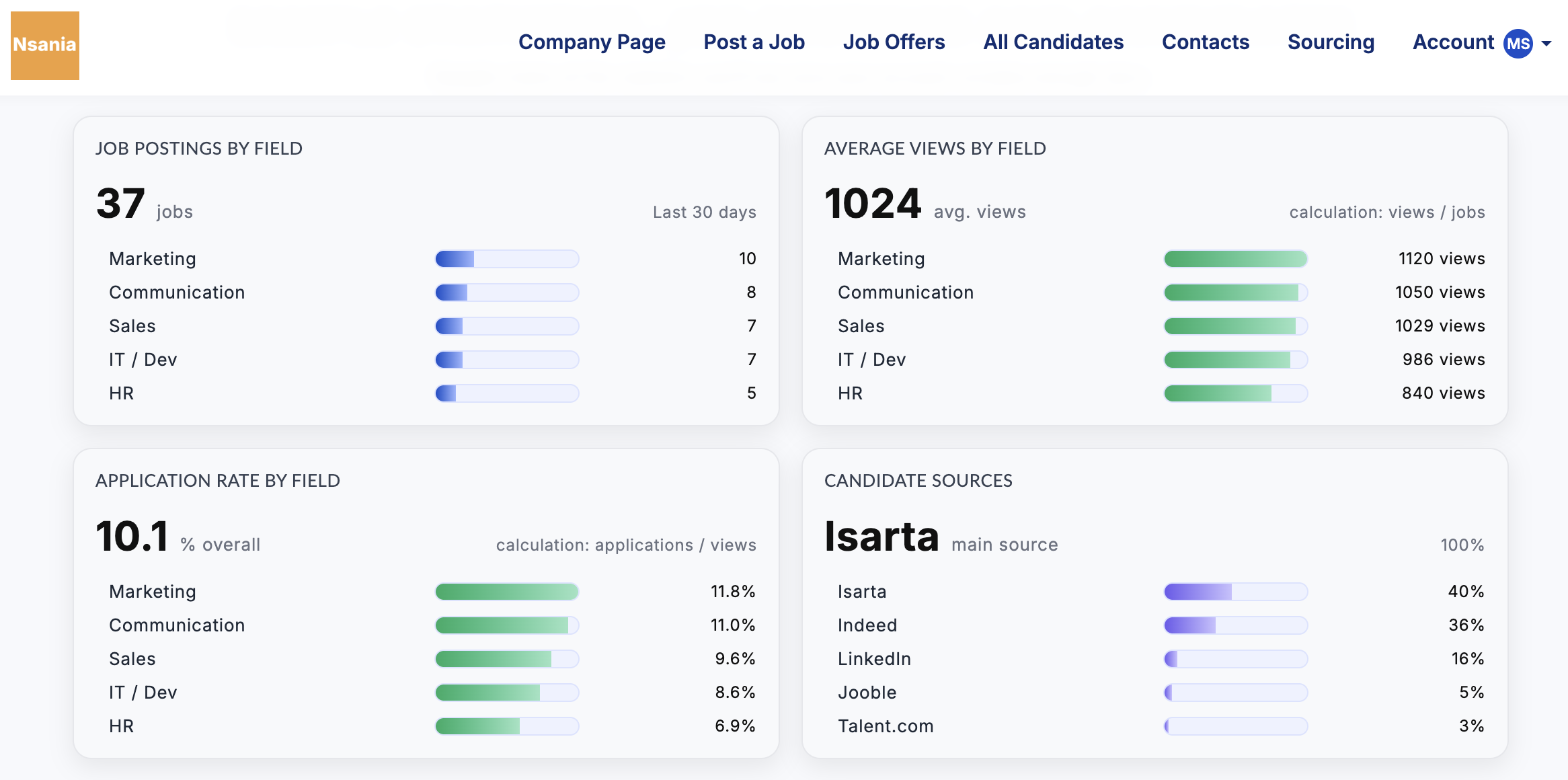On the Internet, the majority of articles about “perfectionism” are aimed at warning us against it, at work and on social media. But what if these articles are all wrong? In other words, what if perfectionism – in the right doses – is a healthy bulwark that allows us to slow down at work or avoid digital overexposure? Let me put it this way.
At work, productivity gurus are quick to denounce perfectionism as undermining our creativity and productivity. However, with hindsight, we sometimes wonder if this denunciation is not a pretext to convince us to always do more, faster, even if the result is not “perfect”.
Brand identity experts have a similar discourse on LinkedIn and Facebook. They invite professionals who want to be more present on social media to “unclutter”, to publish more, prioritizing volume over quality, even if, again, the result “isn’t perfect”.
As a result, some professionals end up giving in to this guilt-tripping rhetoric and agree to expose themselves more on social media, to lower their quality standards at work, to deliver more and faster. It’s the labor shortage, after all! Whereas their initial instinct – to strive for perfection, their version of perfection of course, that is, a result that lives up to their expectations – was the right one.
In its positive form, perfectionism can provide the driving energy that leads to great performance, explains researcher Wendy C. Roedell, in the book Vulnerabilities of Highly Gifted Children (1984). The meticulous attention to detail that scientific research requires, the zeal that drives composers to work tirelessly until their music reproduces the wondrous sounds that imagination made them hear, and the tenacity of painters who remain at their easels until their work matches their design exactly, all result from perfectionism.”
In a post-pandemic environment, enforcing high standards of quality causes us to slow down the pace at work, forcing us to choose only those assignments that we will have time to “get right.” In these times of critical labor shortages, perfectionism can be used as an excuse to say “no.” A company may consciously decide to reduce its number of clients, to keep only those contracts that allow it to showcase its “expertise”.
On social media, researchers argue that the “perfection” image of celebrities makes teenage girls anxious. What if this siliconed or photoshopped perfection could instead convince a person to let go of social media and do other more constructive things with their time. What if “digital perfection” could convince that person to post less often, only relevant content that enhances them. Instead of wasting her energies soliciting “likes”.
What the science says
Of course, perfectionism is a double-edged sword. In 2018, researchers from the University of Florida reviewed the scientific literature and pointed out the virtues, but the grey areas of perfectionism.
Perfectionists are more motivated at work, work longer hours, and are more engaged in what they do, the journal HBR reported. However, our results also indicate that perfectionism is strongly and consistently related to negative effects on and off the job, including higher rates of burnout, stress, anxiety and depression.”
So perfectionism is to be used…in moderation. On a lighter note, let’s remember Salvador Dali’s sage advice in closing:
“Don’t be afraid of perfection – you will never achieve it.”




